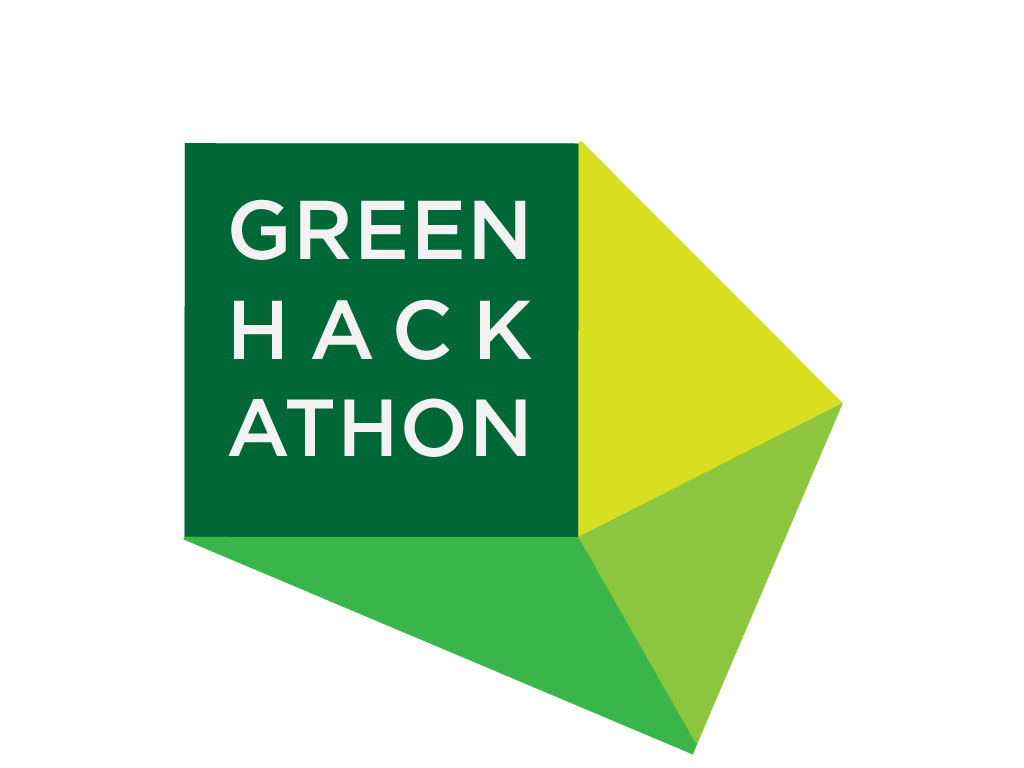Submission
Send by email before the deadline to stockholm@greenhackathon.com with the following information (if relevant):
- Name of the hack.
- Short description.
- Name of participant(s) in the team.
- List over tools / datasets / APIs used.
- License (open source / copyright)
- Link to the prototype / application / demo.
- Link to the code repository or other materials like presentation.
- A telling screenshot of the hack.
This will be archived in the Green Hackathon website.
Presentation
Each team gets five minutes for a short presentation, starting with a short introduction of the idea and a demonstration of the prototype/application/intervention created.
Judgement
The jury is formed by:
- Louise König, Sustainability Manager at The Co-operative Group Sweden, COOP
- Marko Turpeinen @mturpeinen Director, EIT ICT Labs Finland
- Patricia Lago @Patricia_Lago Associate professor in software, services and sustanability, VU University Amsterdam
- Maja Brisvall @majabrisvallManager, Stockholm Resilience Centre
More specifically, the panel members, prior to the presentation of the hacks, were given a form containing three (possibility to extend to four) metrics that evaluated different aspects of the proposed hacks. The metrics proposed are the following (in the AGH 2012, only the third one was not used):
- Environmental Impact: This metric assesses the degree to which the hack proposed will be beneficial/influential to sustainable food production and consumption.
- Idea Innovation: This metric assess the degree to which the idea is new and the approach is novel to the problem it attempts to tackle.
- Technical Maturity: This metric assesses the degree to which the hack has been developed from a technical viewpoint and shows the technical work behind it
Award
The awards that were given are the following:
Best Green Hack and Runner-up prizes
Prizes: TBD





